A Human Rights Watch report published today has revealed systemic abuse of migrant worker rights in Qatar ahead of the FIFA World Cup 2022.
It found that in a country that relies heavily on migrant workers, many employers are withholding, delaying or arbitrarily deducting their workers’ wages.
“Without the migrant workers daily life in Qatar would come to a complete halt,” says Maham Javaid, Finberg Fellow at Human Rights Watch. “Yet, you’re going to be hard-pressed to find migrant workers who haven’t experienced some variety of wage abuse.”
Javaid is part of a team that compiled the report on the conditions of migrant workers in Qatar. It found that a majority of migrant workers have experienced wage abuses by their employers.
But according to Javaid, time is running out for Qatar to make the necessary changes to its labour laws. Once the public eye moves away after the World Cup, Javaid says, “Qatar won’t have this chance anymore to set a legacy and be ahead in the Gulf.”
A migrant worker’s story
If Sam* (31) had known what it was like to work in Qatar, he wouldn’t have left Kenya.
“If I could turn back time, maybe I would have gone to Canada or Australia,” he told Euronews.
Seven years ago, Sam said goodbye to his wife and toddler back home. Since then he has been a security guard on Qatar’s many construction sites, as the country gears up to host the 2022 FIFA World Cup.
He’s a football fan and even took part in a football tournament just for migrant workers. But now, he feels stuck.
At least, during the COVID-19 pandemic, he still has a job and can make some money to send back home. Back in Kenya, he says, the government doesn’t financially support its citizens during these times and there are no jobs. It’s the lesser of two evils for Sam to stay and work in Qatar.
He is one of more than two million migrant workers in Qatar, making up around 95% of its total labour force – a huge number, given the country’s entire population of 2.6 million. Many come from India, Nepal, the Philippines, Bangladesh, Kenya, and Uganda to seek better income opportunities.
These workers aren’t only responsible for building the stadiums for the World Cup 2022: they are the drivers, the cleaners, the bartenders, chefs, check-in staff and occupy many other essential professions in Qatar’s economy. Even if you weren’t travelling to Qatar to see a football match, you’ll be interacting with migrant workers most of the time.
Indicators of forced labour
Sam knows he is one of the lucky ones with regards to his wage. Even though, like many others, Sam had to face other issues, such as paying a 120,000 KES (~€940) fee to a recruiter to find him the job in Qatar that would earn him enough money to offer his wife and child a comfortable life.
He was told, if he stuck with it, he could rise through the ranks and increase his salary over the years. Sam knew that Qatar needed a lot of migrant workers to prepare for the World Cup 2022.
Just like thousands of other migrant workers, Sam was shocked when he saw the conditions he was to live in for the next years. For six years, he was crammed into wooden shipping-container style barracks with several other men.
Only in August 2019, did they move him into a house, where he now shares a room with five other men. “Hygiene is a bit better here than before,” Sam says. “But there’s only so much you can do with this many people.”
But, Sam gets paid, on time and with overtime. Salary plus allowance add up to 1,500QAR (~€350), of which he sends 1,200QAR(~€280) back home and manages to live off the rest.
But he’s heard from many others who don’t have that luxury.
“Especially during the time of Corona. There were workers who were quarantined. When they came out, they needed to send money home. Some had no more money and some companies didn’t pay them,” he says.
The Human Rights Watch Report corroborates Sam’s anecdotal experiences. It says wage abuses have increased during the pandemic, but a lot of migrant workers had experienced them before.
Human Rights Watch spoke to 93 migrant workers working for 60 different employers and firms between January 2019 and May 2020, all of whom reported some form of wage abuse by their employers. These included unpaid overtime, arbitrary deductions, delayed wages, withholding of wages, unpaid wages, or inaccurate wages.
The kafala system
A lot of the abuses are founded in Qatar’s kafala (sponsorship) system, which ties the workers to their employers. Employers are responsible for providing legal residency to the workers they hire from abroad, which makes the employees highly dependent on the companies.
But there are other harmful practices that increase that dependence, such as the confiscation of workers’ passports and as well as workers’ outstanding dept for their recruitment fees. Moreover, strikes are prohibited.
All of the above factors contribute to “circumstances of forced labour, making it virtually impossible for workers to leave even abusive employers, despite often suffering non-payment of wages, long working hours, dangerous working conditions, and sub-standard housing conditions,” the report states.
Workers are told they can leave and work for a different company if they go back home and paid the recruitment fees again to a different company, even though many often don’t have access to their own passports
The HRW researchers said seven of the people they spoke to said their employers deliberately withheld wages as “security deposits”, which is a practice that the International Labour Organisation deems to be forced labour.
Other companies, particularly small and medium-sized ones, have been found that they are sometimes unable to pay their workers as they haven’t been paid yet themselves.
The “paid-when-paid” practice isn’t unique to Qatar, but the country has yet to create laws that tackle unpaid wages that are a result of it.
Sponsorship system at the heart of rights abuses
In 2014, there was a global outcry after several investigations showed the abuses of migrant workers in Qatar. Motivated by public pressure and by pressure from FIFA itself, the country moved to make improvements to its labour laws.
In 2017, Qatar said it would abolish the kafala system. However, it hasn’t done so yet and the changes to it have been minimal. Only starting January 16, 2020, did Qatar abolish the need for workers to ask their employers for an exit permit to leave the country.
in the last seven years, Sam has only been home twice to see his wife and daughter since he was bound by the kafala system. His daughter is 8-years-old now, and Sam has missed out on almost her entire early childhood.
This makes him sad. But he is relieved that he can provide for his family from where he is.
Even though, the country is chipping away at the kafala system, “employers are still responsible for securing, renewing, and cancelling residency permits for migrant workers, and are thus still able to severely restrict workers’ ability to change jobs. The kafala system grants employers unchecked powers over migrant workers, allowing them to evade accountability for labour and human rights abuses, and leaves workers beholden to debt and in constant fear of retaliation,” says the HRW report.
Workers’ dependence on their employers has them afraid to speak up if they’re missing wages, would like to address a raise or even some time off. Sam told Euronews: “If you have a problem and you complain, they can either send you home. They can put you in some kind of deportation camps.”
Right now, Sam says, he’s been on 12-hour shifts for three weeks straight without a single day off. He knows, asking for a day off would get him nowhere and says he is basically subject to his supervisor’s mercy.
Wage Protection System flawed
In the last five years, Qatar implemented three main mechanisms to help workers claim any money they’re owed and settle wage disputes. In 2015 it installed a Wage Protection System (WPS), which is basically a software that alerts officials when a company hasn’t paid its employers on time or hasn’t paid them enough money.
The software doesn’t penalise, but merely monitors payments and alerts the authorities who then need to follow up and investigate, creating a massive backlog of cases.
Another flaw in the system is that it only flags an insufficient transaction if it’s less than 50QAR (~€11,60), which is not enough money for anyone to live on in a country that is one of the world’s wealthiest on a per capita basis.
Moreover, Javaid laments that workers don’t receive payslips. “If they had these payslips, they could see how much of their money is being deducted on what basis. And then they would have proof and they could take it to court,” she notes.
In 2018, Qatar established the Labour Disputes Settlement Committee, which workers are supposed to turn to in order to be able to quickly reclaim any money they’re owed, instead of having to go through lengthy civil processes. That same year, it also passed a law that established a fund to help quickly pay those who won their case with the Committee.
However, that fund is not fully operational and according to Javaid. “Out of the 93 workers that we spoke to, we know 15 who went to court to try and get their different wage issues sorted. Out of those 15, only one was able to partly get some of his money,” Javaid points out.
In a statement to Euronews, FIFA said it is working closely with the Supreme Committee (SC) in Qatar, which oversees all construction and infrastructure projects.
“One area of discussion has over the past months been government intervention in enforcing wage protection as well as the effectiveness of the Workers’ Support and Insurance Fund,” it said.
Steps in the right direction
In light of Qatar’s efforts to rectify and fix labour laws, Javaid says the country has started to take some steps in the right direction.
However, she notes there are two problems. First, these three systems [the WPS, the Labour Disputes Settlement Committee, Workers’ Support and Insurance Fund] “aren’t being implemented effectively. The other issue is that even if these systems were implemented perfectly they’re unlikely to combat wage abuse because of the larger framework that enables all of this salary abuse. And that larger framework is the kafala system.”
According to Javaid, migrants who work under the protection of FIFA and Qatar’s Supreme Committee are being treated better than many others. “That’s a good precedent to have. It means that it’s basically like saying that we can treat our workers better if we want to do it.”
Nevertheless, she notes, those working under FIFA are a minority of migrant workers and even among those, there are reported cases of wage abuses.
HRW informed FIFA upon request about one of these complaints. According to a FIFA statement, the organisation is now collaborating with the Supreme Council in the investigation of this case and will ” take appropriate measures to address any wrongdoing by the respective company in the best interest of the concerned worker.”
Moreover, FIFA stated that several sectors, other than construction, are starting to become more involved the more the preparation of the World Cup progresses. Those include sectors, such as hospitality, logistics, security, and transportation. The organisation says it is working towards expanding the wage protection measures it already has in place to those other sectors and its workers.
Sam, who’s been in Qatar long enough to see whether change was actually happening told Euronews nothing has changed. “If they had fixed it, it would be easier to move from one company to the next, for example.”
He’s not too optimistic about the future of labour laws in Qatar, and says those changes will likely help “the bosses. Maybe it will change for them. But for the common man, I don’t think so.”
In a statement, Qatar said that the Human Rights Watch report “contains repeated inaccuracies” and that very few migrant workers that come to work in the country experience wage abuse.
“There are a few, isolated, instances where workers experience this issue. These cases have declined as laws and regulations have driven fundamental and lasting change.”
“Qatar’s labour programme protects all workers in all stages of their employment cycle. The success of our approach is evident in the achievements we have made to date and the positive impact it is having on hundreds of thousands of workers and those reliant on their income.”
ST/ DD (EuroNews)

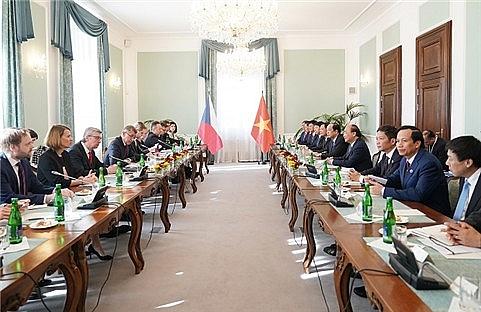

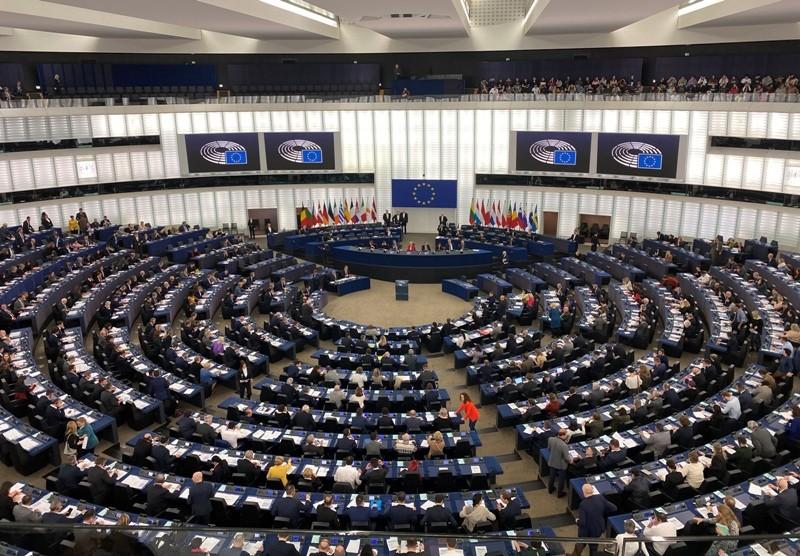
 The European Parliament has just voted to ratify a free trade agreement between the EU and Vietnam today (February 12).
The European Parliament has just voted to ratify a free trade agreement between the EU and Vietnam today (February 12).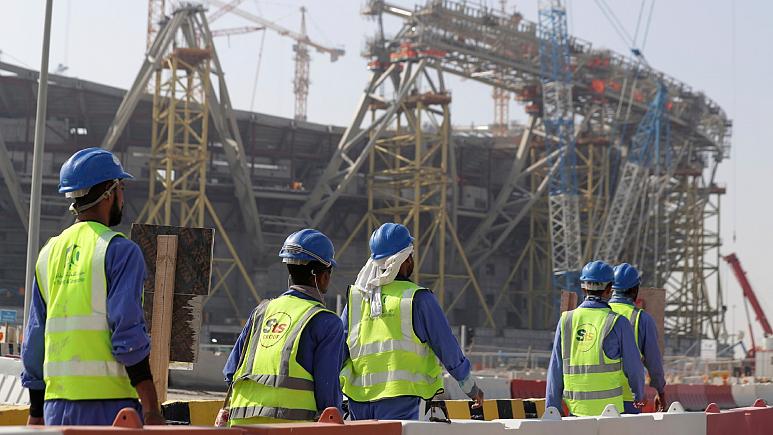
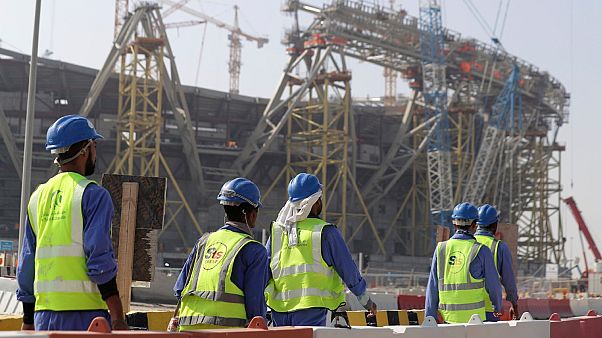
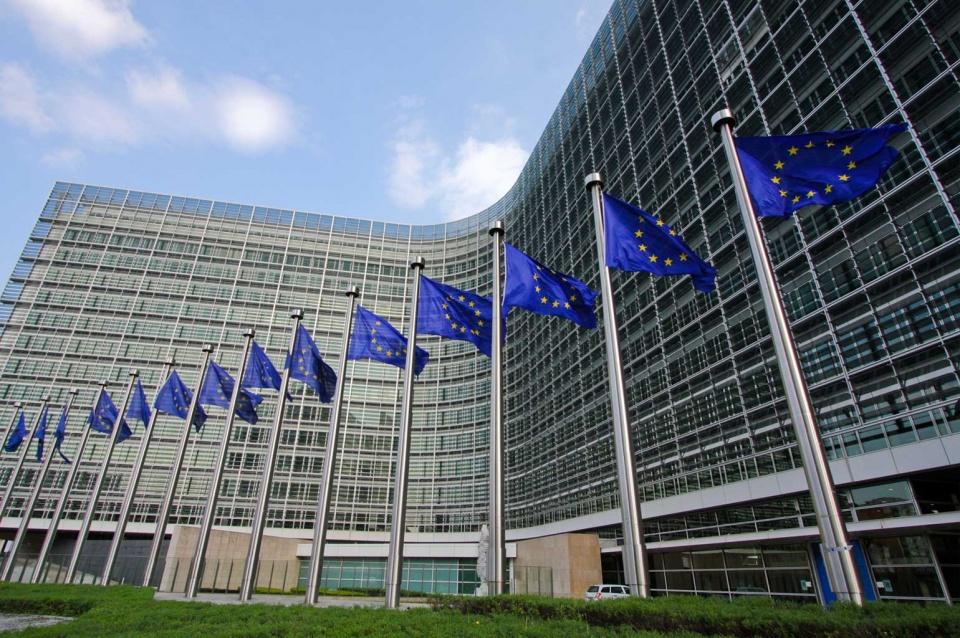
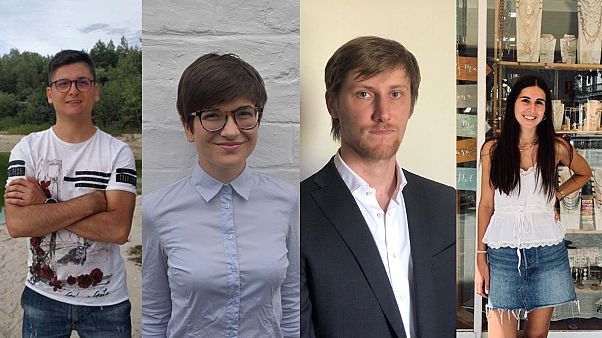




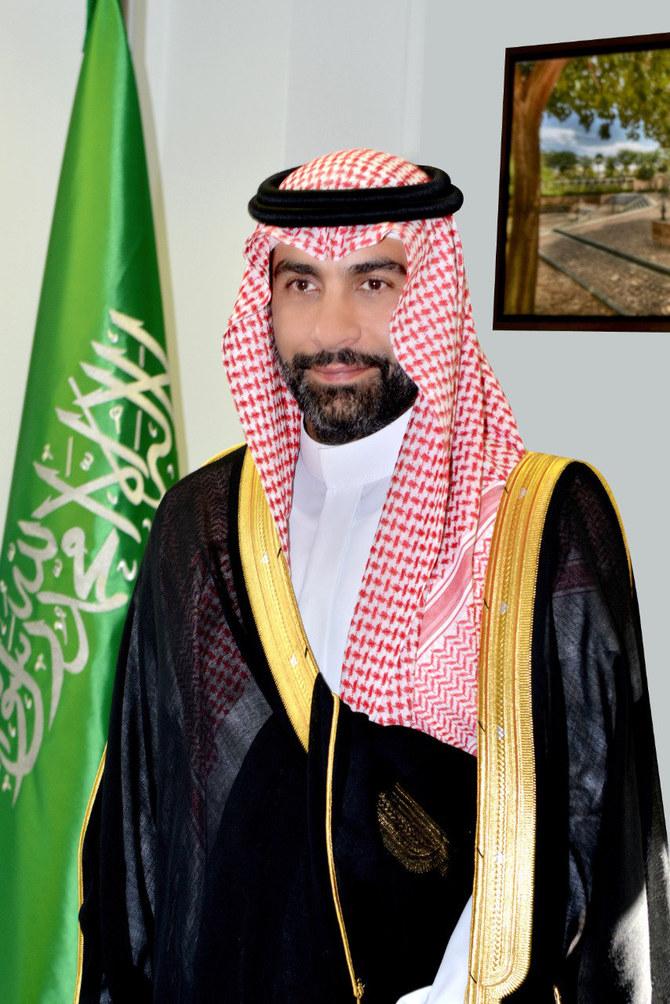

 +84 98 111 7980
+84 98 111 7980